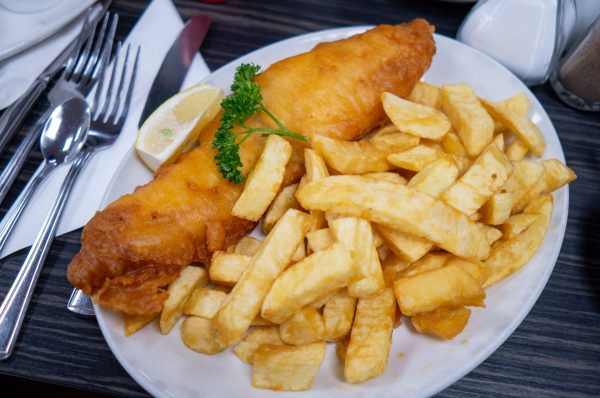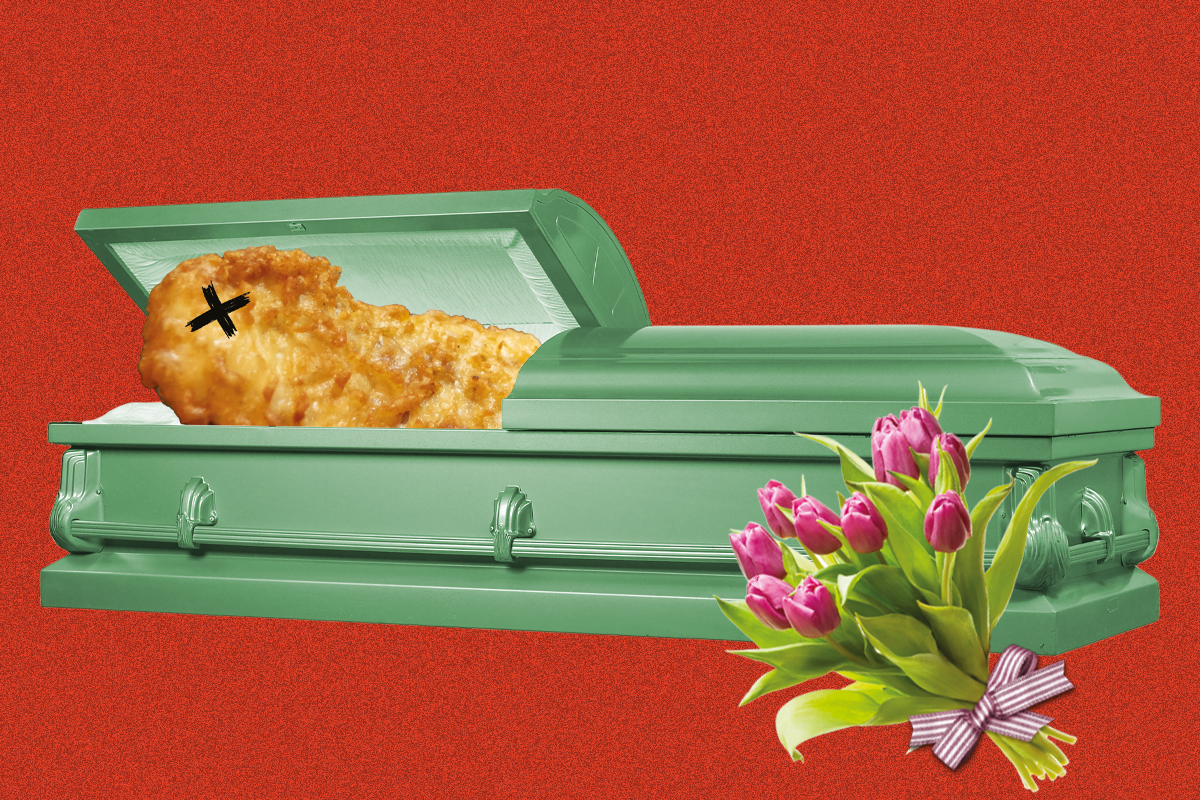The smell of battered cod drenched in salt and vinegar is ubiquitous in seaside towns across Britain. Fish and chips have long been a staple meal, with ‘fish Friday’ a traditional part of many families’ weekly routine.
Now, the National Federation of Fish Friers are warning of a potential “extinction event”, predicting that as many as a third of the 10,500 chippies across the nation will soon go belly-up.
The press is now awash with cloying obituaries, waxing sentimental about the decline of one of Britain’s most beloved dishes.
The Guardian, dedicating over 5,000 words to the matter, described fish and chips as: “The same as hearing a Beatles tune, or rewatching The Snowman at Christmas, or raising up a pint of foaming beer.”
But what lies behind the plight of the revered chippy?
Stormy seas
Through 2022, chippies were hit by a 24% increase in potato costs, a doubling of the cost of oil, and an astounding 333% hike in energy bills. Compounding this, government sanctions against Russia mean that chippies are having to pay 50% more for cod and haddock.
 The vast majority of – if not all – chippies are small businesses, buying their potatoes on the open market. This leaves them far more exposed to price fluctuations than large food chains, which can secure long-term contracts and bulk discounts.
The vast majority of – if not all – chippies are small businesses, buying their potatoes on the open market. This leaves them far more exposed to price fluctuations than large food chains, which can secure long-term contracts and bulk discounts.
Subsequently, they have become increasingly reliant on credit to stay afloat, with many capsizing under the weight of rising interest rates.
On the other hand, last year, supermarket chains like Tesco and Sainsbury’s saw their highest profits since 2014. Likewise, the top four agribusiness giants saw their profits rise by 364%, from 2019 to £11.3 billion. And energy giant British gas recently saw their first-half-year profits rise by 10 times.
Households, meanwhile, faced an average price increase of 17% for the lowest priced staple items like pasta, potatoes, and milk. The prices of some groceries rose by over 40%. Not only can workers no longer afford a paper parcel of fish and chips, they can barely afford the weekly shop.
Hitting the rocks
The capitalist media is desperately fishing for excuses to explain the battering that chippies are taking.
One Guardian article suggested that one major cause is that young people avoid fish and chips because “they want to look good in the ‘Y2K vintage’ crop tops they’re buying on Depop: deep-fried fish isn’t very #fitspo”.
Such assertions are red herrings.
In reality, fish and chip shops are the latest victim of the deepening economic crisis – thrown about by waves of inflation and supply chain dislocation. The industry has been gutted by years of austerity, rising inflation, and stagnant wages. In short, capitalism is to blame.
Throw capitalism overboard!
In order to carry the industry to safer shores, we must do more than beg the government to throw us a chip or two, or simply lament its loss in sickly-sweet tributes.
Instead, big food suppliers should be nationalised and put under workers’ control, alongside the food monopolies who are making superprofits off of the crisis.

Using these resources, as part of a rational plan for the production and distribution of food, the costs involved with running a chippy could be dramatically lowered. And the food inflation hitting workers’ pockets and stomachs could be tackled.
Furthermore, by nationalising the banks, chippies could be thrown a lifeline of guaranteed low-interest credit, as part of a national economic plan where resources are allocated based on need, rather than profit.
But there are also bigger fish to fry. What is happening to chippies is not an accident, but reflects the fact that capitalism is dead in the water. The same crisis is also hammering pubs, high streets, and other keystones of working-class communities.
Only by throwing this rotten system overboard can we end the constant cycle of crisis and misery that capitalism inflicts upon the working class. If you agree, get on board with the Marxists and set sail with us for the rich shoals of communism.






